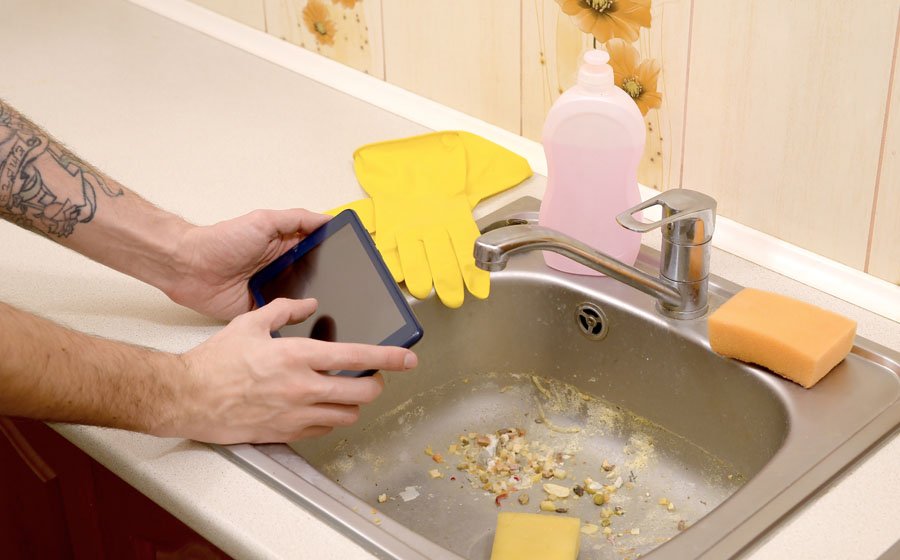When bugs and other pests start to invade your rental property in Dallas or elsewhere, it can be stressful and frustrating. It’s an unfortunate reality faced by many tenants: peeking into drawers, closets, and behind appliances in search of unwelcome guests. While pests can be a nuisance to any homeowner or renter alike, it can sometimes be challenging to determine who is responsible for handling the problem – the tenant or their landlord.
It’s essential to understand who holds responsibility for pest control. However, before we get into the details, let’s take a moment to consider this critical topic.
Pests like rodents and termites are common problem in Dallas and can cause structural damage to a property, create an unhealthy living environment, or even spread dangerous diseases. As a result, tenants must take steps to keep their rental homes free of pests. But it’s more complicated when these pests already exist before the tenant moves in or becomes a problem while the tenant occupies the premises. Early signs of termites, such as mud tubes, abandoned wings, and wood damage, are essential for timely action and protecting your home from future termite infestations.
Generally speaking, landlords are responsible for pest control treatment if the infestation is due to inadequate maintenance of their rental property. Landlords must keep rental units free of pests and maintain all parts of the building and grounds in good repair. In most cases, a landlord will be responsible for any pest control needed in the rental property. This is because rental properties must meet certain health and safety standards. A landlord must ensure their tenants live in a safe environment free of pests.
Tenants, however, are also responsible for some aspects of pest control. For example, tenants should strive to keep their rental property clean and uncluttered, as clutter and dirt can attract pests. They should also ensure that food items are properly stored in sealed containers or refrigerators. Additionally, tenants must follow instructions from their landlords regarding pest control treatments and extermination.
As a general rule, the tenant is usually responsible for minor pest problems like ants, flies, and spiders. However, tenants should take appropriate steps to prevent pests from entering their homes, such as using screens on doors and windows, sealing up any cracks or crevices where bugs might enter, and keeping counters and floors clean.
In short, landlords and tenants alike should keep rental properties free from pests. If a severe pest problem arises, both parties must work together to resolve the issue as soon as possible with the right approach and understanding of who is responsible for what. Then, tenants can continue to live in a pest-free home.
What is the Best Way to Address a Pest Problem?
The best way to address a pest problem in a rental property is to act fast. Contact your landlord immediately and inquire about their policy for the pest control treatment. Let them know what and where pests are spotted.
If your landlord is responsible for handling the pest problem, they should be able to provide a professional exterminator or other appropriate means of treatment. This typically involves setting up traps and using pesticides or other chemicals inside or outside your rental home. In addition, if the infestation is severe, your landlord may need structural repairs or other modifications to keep pests away.
When to DIY or call a professional?
Whether you decide to handle the pest problem yourself or call in a professional rat exterminator depends on the infestation’s severity and your landlord’s policy. If there are many pests, it may be best to call an exterminator for help, as they have access to more specialized products to effectively eliminate pests. On the other hand, if the infestation is minor and manageable, then you may be able to take care of it yourself.
Regardless of which option you choose, communication with your landlord is key. Keep them updated on any progress and inform them when the problem has been resolved already or if more help is needed. Proper communication will ensure that both you and your landlord are on the same page.
Conclusion
Pest control is important in keeping rental properties safe and clean for tenants and landlords. Both parties need to understand their pest control responsibilities to ensure that a rental property remains free from pests. With the right approach, communication, and cooperation, tenants and landlords can work together to quickly and effectively solve any pest-related issues.


